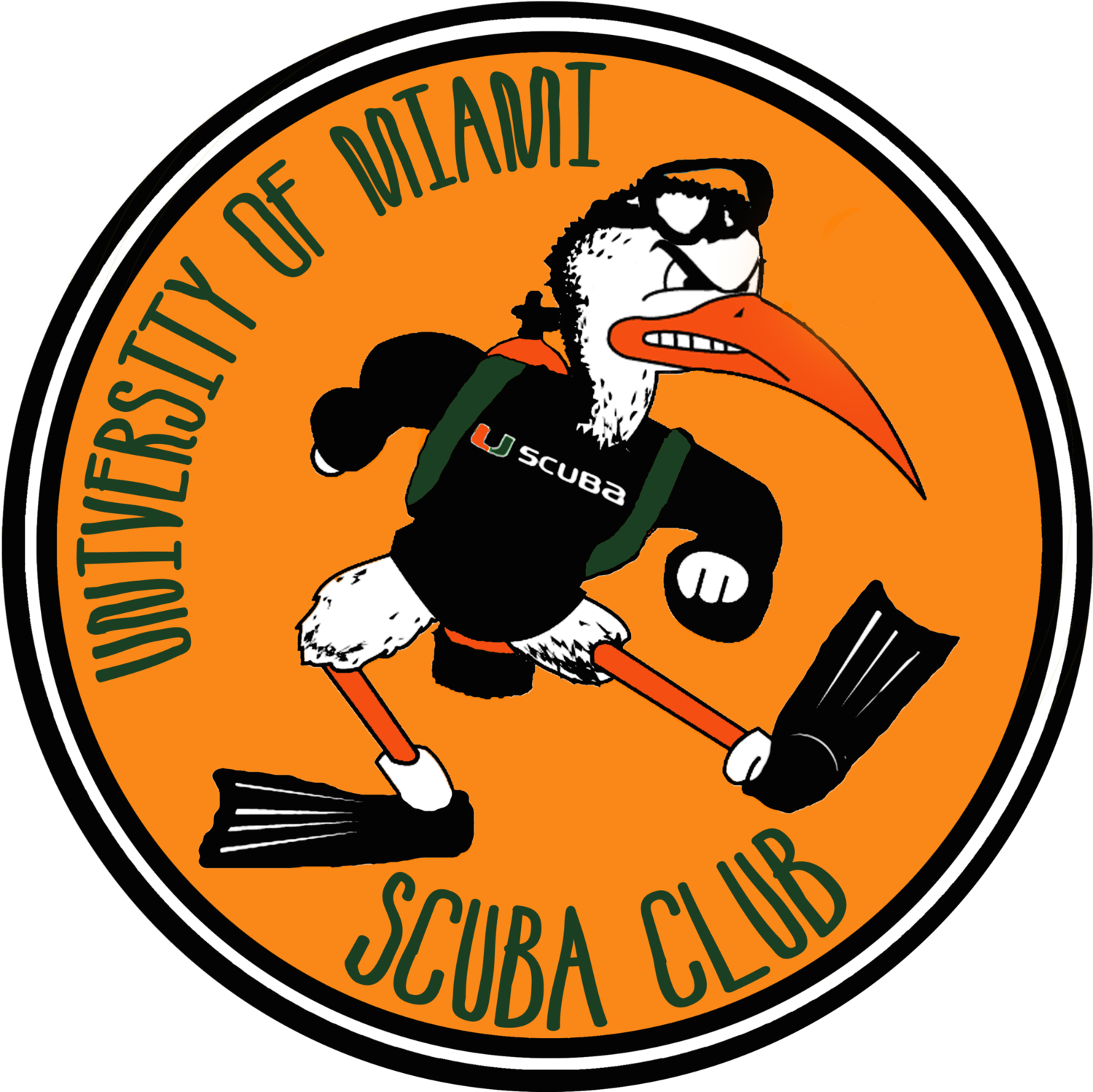Your safety is a top priority!
Follow your training! Unsafe diving behavior will result in expulsion from the club, this is something we take extremely seriously. We all want to enjoy ourselves diving, so please follow safe diving practices and guidelines set by your training agency, the Scuba Club and its officers, and the crews of our hosting dive charters.
Do not exceed the level of your training, expierence, or comfort.
All Scuba Club dives are recreational, no-decompression, buddy/team, open water dives unless you are properly trained and approved by the executive board to exceed recreational limits.
Practice good buddy/team procedures and awareness including reviewing hand signals, dive plan, emergency protocols, and performing a pre-dive safety check prior to descending.
Any diver can call a dive for any reason without judgment or criticism of others.
Plan your dive and dive your plan
Perform a 3 minute safety stop at 15ft if you are prompted by your dive computer, are within three pressure groups of your NDL, or on any dives exceeding 100ft. it is recommended you perform a safety stop on ALL dives, and extend it as long as your gas supply, dive time, or environmental conditions allow.
Plan to surface with an adequate gas reserve in your cylinder. This should be part of your dive plan and sound be sufficient for you AND your buddy to ascend, perform a safety stop, and surface in an out of air situation. The absolute minimum you should surface with is 500psi.
Consider environmental factors including water temperature, currents, and surface conditions into your dive plan.
Always maintain awareness of your exit point and have an appropriate plan in place if you are unable to reach your primary exit.
All divers should have the following equipment in addition to standard scuba gear
Visual AND audible signaling device (safety sausage, signal mirror, whistle, airhorn, etc.)
Cutting device (small knife, line cutter, shears, etc.)
Snorkel (not necessarily on mask)
Timing device
Pay close attention to all dive site and boat briefings. If you are uncertain about how to plan your dive at a particular site, ask an officer or boat crew.
Officers and boat crew reserve the right to deny any member the opportunity to dive if they are a danger to themselves or others.
Penetration of caves and wrecks are not allowed unless trained to do so and approved by executive board. Swim-throughs are only allowed when:
You can clearly see an exit from your entrance point
Your exit is large enough for two divers to fit through side-by-side.
There are no risk of entanglement or disorientation.
You and your buddy BOTH agree to proceed
Intentionally damaging, harassing, touching, or removing marine life is prohibited on club dives.
Divers should be constantly aware of their buoyancy, trim, and posture in the water. Care should be taken not to make contact with the bottom, and proper finning techniques should be utilized to minimizing disturbing sediments.
Lobstering, spearfishing, and collecting are prohibited on club dives with the exception of approved activities such as lionfish removal.
Divers should not be under the influence of drugs or alcohol while diving.
Divers are responsible for maintaining fitness to dive and getting medical clearance if they have an otherwise disqualifying condition.
When shore diving, divers must always make reasonable effort to remain within 300ft of their dive flag.








